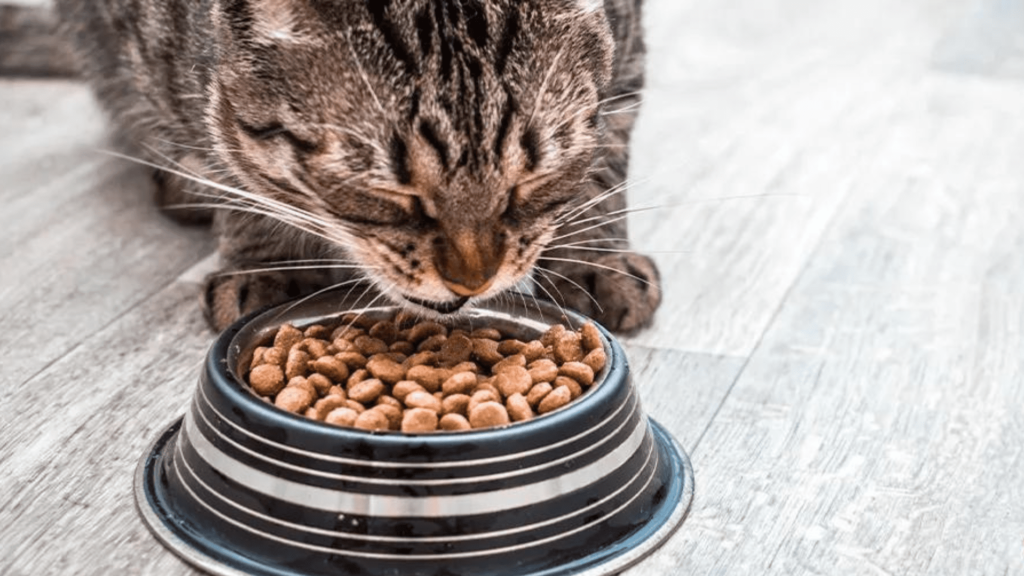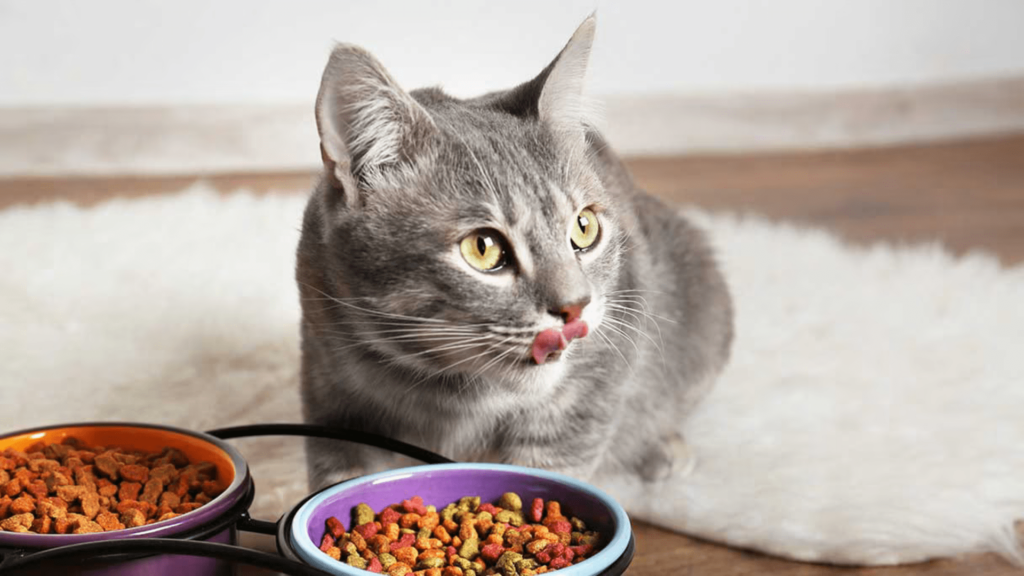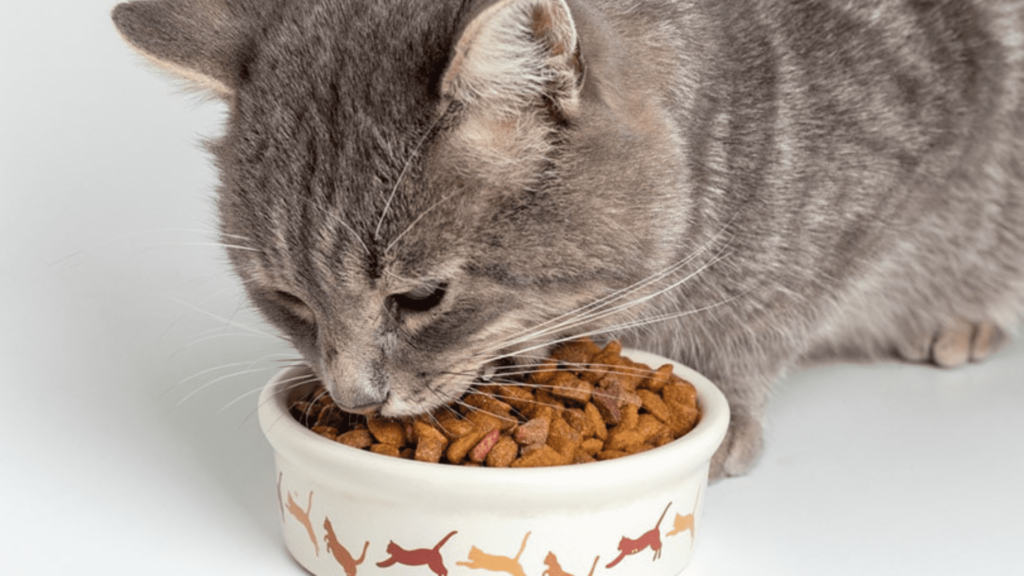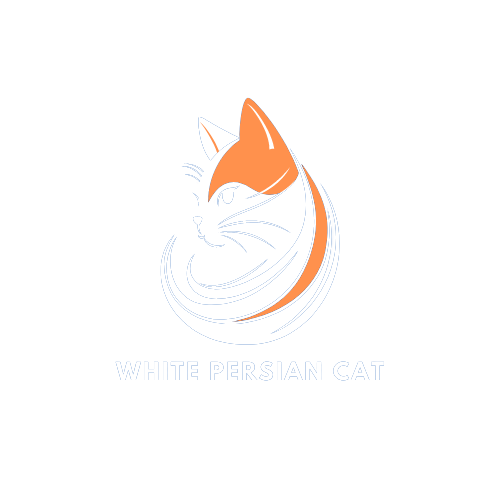Persian Cat Food at Home: Persian cats are known for their luxurious coats, expressive eyes, and gentle demeanor. As a proud owner of one of these majestic felines, providing them with the best nutrition is paramount to their health and happiness. While there are various commercial cat food options available in the market, preparing homemade food ensures you have control over the quality of ingredients and can cater to your Persian cat’s specific dietary needs.
Table of Contents
Understanding the Nutritional Needs of Persian Cat Food at Home

Importance of a Balanced Diet
A balanced diet is essential for the overall well-being of Persian cats. It supports their immune system, maintains healthy skin and coat, and promotes longevity. As obligate carnivores, Persian cats require a diet rich in animal-based proteins and essential nutrients. Persian Cat Food at Home
Specific Dietary Requirements for Persian Cats
Persian cats have unique nutritional requirements compared to other breeds. They need diets high in protein, moderate in fat, and low in carbohydrates. Additionally, they require specific vitamins and minerals to support their coat health and prevent common health issues such as kidney disease and obesity. Persian Cat Food at Home.
Homemade Persian Cat Food Recipes
Preparing homemade food for your Persian cat allows you to customize meals according to their preferences and dietary needs. Here are three simple and nutritious recipes you can try at home: (Persian Cat Food at Home).

Recipe 1: Homemade Chicken and Rice
Ingredients:
- Boneless chicken breast or thigh
- White rice
- Chicken broth (low sodium)
- Carrots
- Peas
- Spinach
Preparation Steps:
- Cook the chicken thoroughly and chop it into small pieces.
- Cook the rice according to package instructions.
- In a separate pot, simmer chicken broth and add chopped carrots, peas, and spinach.
- Mix the cooked chicken and rice into the vegetable broth.
- Allow the mixture to cool before serving to your Persian cat.
Recipe 2: Fish and Sweet Potato Stew
Ingredients:
- Fresh fish (salmon or tuna)
- Sweet potato
- Green beans
- Coconut oil
- Parsley
Preparation Steps:
- Cook the fish and remove any bones.
- Boil or steam sweet potatoes until tender.
- In a pan, sauté green beans with coconut oil until soft.
- Mix all ingredients together and garnish with parsley.
- Let it cool before serving to your Persian cat.
Recipe 3: Turkey and Pumpkin Blend
Ingredients:
- Ground turkey
- Pumpkin puree
- Brown rice
- Olive oil
- Zucchini
Preparation Steps:
- Brown the ground turkey in a skillet.
- Cook brown rice separately.
- Steam or boil zucchini until soft.
- Mix cooked turkey, rice, pumpkin puree, and chopped zucchini.
- Drizzle with olive oil before serving.
While making cat food at home for your Persian is possible, it’s important to be aware of the challenges:
- Nutritional Balance: Cats are obligate carnivores and require a specific balance of nutrients, vitamins, and minerals not easily achieved with homemade meals. Consulting a vet is crucial to ensure your recipe meets their needs.
- Time Commitment: Preparing nutritious and balanced homemade food takes time for research, shopping, and preparation.
Here’s how you can approach homemade food for your Persian:
- Talk to your Vet: Discuss your desire to make homemade food and get a veterinarian’s guidance on a balanced recipe that meets your cat’s specific needs.
- Research Recipes: Look for recipes from reputable sources that address feline nutritional requirements. Avoid random internet recipes that might lack essential nutrients.
- Ingredients: Focus on lean protein sources like cooked chicken, turkey, or fish. You can add small amounts of cooked vegetables and carbohydrates like rice for additional nutrients.
- Supplements: Your vet might recommend adding taurine, essential fatty acids, and other feline-specific supplements to ensure a complete and balanced diet.
Commercial Cat Food Might Be Easier:
High-quality commercial cat food formulated for Persians is often the easiest and safest way to ensure your cat gets the right nutrients. These foods are created by veterinary nutritionists and balanced for a complete and healthy diet.
Here are some things to consider when choosing commercial food:
- Persian-Specific Formulas: Many brands offer food specifically designed for Persian cats, addressing their hairball control needs and longer fur.
- High-Quality Protein: Look for food with real meat sources like chicken, turkey, or salmon listed as the first ingredient.
- Consult Your Vet: Discuss your cat’s health and get recommendations for a brand and formula that best suits their needs.

Tips for Feeding Homemade Food
Portion Control
It’s important to portion homemade meals according to your Persian cat’s size, age, and activity level. Monitor their weight and adjust portions accordingly to prevent obesity or undernourishment.
Hydration
Ensure your Persian cat has access to fresh water at all times, especially when feeding dry homemade food. Proper hydration is crucial for their urinary tract health and overall well-being.
Food Safety
Practice proper food handling and storage to prevent contamination and food borne illnesses. Always wash your hands and utensils thoroughly before and after preparing meals for your cat.
Supplements for Persian Cats
In addition to homemade food, consider adding supplements to your Persian cat’s diet to ensure they receive all essential nutrients:
- Omega-3 Fatty Acids: Supports skin and coat health.
- Taurine: Essential for heart and eye health.
- Probiotics: Promotes a healthy digestive system and immune function.
Conclusion
Persian Cat Food at Home: Homemade Persian cat food provides a nutritious and customizable option for cat owners in India. By understanding their dietary needs and following simple recipes, you can ensure your Persian cat enjoys a healthy and balanced diet that contributes to their overall well-being and happiness.
Also Read: Buy Cat Food Online in India 2024: Convenience, Quality, and Variety
Also Read: Whiskas Cat Food 2-12 Months Kittens 2024
FAQs
What are the common health issues in Persian cats related to diet?
Persian cats are prone to obesity, kidney disease, and urinary tract issues if not fed a proper diet tailored to their needs.
Can I use commercial cat food occasionally along with homemade food?
Yes, you can incorporate commercial cat food occasionally, but ensure it complements the homemade diet and meets your cat’s nutritional requirements.
How do I know if my Persian cat is getting the right nutrition from homemade food?
Monitor your cat’s weight, coat condition, and energy levels. Regular check-ups with a veterinarian can also ensure your cat’s nutritional needs are being met.
Are there any ingredients I should avoid when preparing homemade food for my Persian cat?
Avoid ingredients toxic to cats such as onions, garlic, chocolate, and certain spices. Also, be cautious with dairy products as some cats are lactose intolerant.
How often should I change the recipes to keep my Persian cat interested in the food?
Introduce variety by rotating recipes every few weeks to prevent boredom and ensure your cat receives a diverse range of nutrients.

